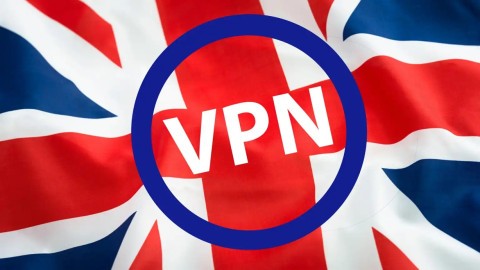A Bold Move to Regulate Adult Content Access
The United Kingdom has taken a bold new step in regulating access to explicit online content by implementing a strict age verification policy. As of July 2025, websites and applications that provide adult or potentially harmful material are now legally required to ensure users are over the age of 18. This is part of the country’s broader Online Safety Act, which aims to create a safer digital space for minors and vulnerable users.
The previous system, where users simply clicked a button to confirm they were adults, is no longer acceptable. Instead, sites must now use highly secure methods to verify user identities. These changes affect not just adult entertainment platforms like Pornhub and Stripchat, but also mainstream services where user-generated content could include harmful material, such as Reddit, X (formerly Twitter), and even dating or gaming apps.
How the New Rules Actually Work
To comply with the new law, digital platforms must now implement more rigorous systems. These may involve requesting users to upload official identification like a passport or driver’s license, using facial recognition tools that estimate a person’s age, or performing payment card verifications. These solutions must be “highly effective” according to Ofcom, the UK’s communications regulator, but they are also expected to protect personal privacy and avoid unnecessary data storage.
Failure to implement proper age checks carries serious consequences. Offending companies can be fined up to £18 million or 10% of their global revenue whichever is higher. It’s a regulation that has sent shockwaves across the internet, especially among companies whose user base relies on anonymity or who operate in multiple jurisdictions with different laws.
Platforms React Swiftly But Users Don’t Always Approve
Major adult websites quickly began rolling out verification systems in response to the legislation. Many of them have already geo-blocked users from the UK until they complete the verification process. Social media platforms and other interactive services have also started to make changes, though their paths to compliance vary in complexity and transparency.
However, while the law’s intention is to protect minors and reduce unwanted exposure to adult material, many users see it as an overreach that invades their privacy. Uploading a government ID to access sensitive content raises legitimate concerns, especially considering past data breaches involving adult websites. Some argue that the law may unintentionally push users toward less secure, unregulated corners of the internet.
The Unexpected Consequence: A VPN Frenzy
In response to the law, many UK-based users have opted for a different solution entirely bypassing restrictions with Virtual Private Networks (VPNs). These tools allow individuals to hide their real location and appear to be accessing the internet from another country. As a result, VPN providers have reported a dramatic spike in sign-ups from UK users. Some companies noted increases of 500%, while others claimed growth rates closer to 1,400% within days of the regulation going live.
This behavior exposes a critical weakness in the legislation: while it can regulate UK-based access points, it cannot effectively control what happens when users mask their identities. VPN usage is legal in the UK, and enforcing bans on them would likely raise even more serious civil liberty debates.
Experts Raise Concerns Over Data Privacy and Effectiveness
Although Ofcom has encouraged platforms to minimize the amount of data they collect and to avoid long-term storage of sensitive information, privacy advocates remain deeply skeptical. Organizations working on digital rights point out that centralized identity checks especially those involving biometrics can be vulnerable to abuse or hacking. They argue that a decentralized or device-based verification system might offer more privacy while still achieving the same protective goals.
There are also questions about whether the law will truly achieve its intended purpose. Teenagers and tech-savvy users are likely to find ways around the restrictions. Meanwhile, adult users who prefer privacy may simply disengage from regulated platforms altogether or rely on foreign services.
A Shift in Online Norms, But the Debate Continues
What’s clear is that the UK’s law represents one of the most aggressive attempts by a Western government to control access to explicit material online. It is setting a precedent that other countries are likely watching closely. For some, it’s a welcome move toward accountability and protection; for others, it’s the beginning of a more tightly controlled internet where privacy may become increasingly scarce.
In the coming months, lawmakers, tech companies, and users alike will be watching how this policy evolves. Will it truly shield younger audiences from inappropriate content, or will it mostly drive traffic to less accountable platforms and increase reliance on circumvention tools like VPNs? That remains to be seen.
Balancing Safety and Freedom in the Digital Age
The UK’s new age-verification rules raise important questions that go far beyond adult content. At the heart of the issue lies a tension between protecting vulnerable populations and preserving personal privacy and autonomy online. As regulators try to strike the right balance, internet users around the world are already adapting and the debate over digital rights is far from over.













